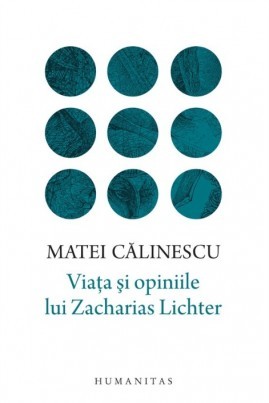What do you think?
Rate this book


158 pages, Paperback
First published January 1, 1969
"Philosophers should accustom themselves to thinking in the presence of children. They should even try to become children again, to regain the lost vocation of asking. What they would realm first is that there are no objective criteria for establishing a hierarchy or taxonomy of questions: all questions, no matter how absurd, are equally justified; no distinction of value or nature among them is possible. A second important lesson philosophers would learn in proximity to children is that any question is part of an endless interrogative chain. In the dialectics of interrogation, the answer is only a means: its function is exclusively to generate a further question. The purpose of the interrogative process, irrespective of its practical content (with which, from the perspective of the infinite, it merges), is to facilitate the enactment of perplexity..."
"Without being anywhere, God may flare up in anything. at any place, His flame unifies the laughter and tears of mankind. It delivers us from the narrow game of meaning. Thus we must be willing to signify all things: to pass, with equal goodwill, for angels or monsters, for saints or laughingstocks, for ourselves or others. For all things draw us toward God more rapidly, more clearly, more beautifully, even those we find difficult to accept..."
"Circus—the lowest stage of the spiritual—may be expressed as an awareness of the absurd spectacle of our existence. Reduced to the figure of a clown, forced to play a humiliatingly vulgar role, suffering and rebelling against his state yet knowing he can never overcome it, realizing that all his efforts will be in vain, such is the man who lives beneath the coarse canvas panoply of the world as circus. His suffering and his revolt can only be expressed through irony. With his frenetic clowning, meant to unleash unbridled laughter, the clown implicates, by means of this painfully lucid irony, the whole of mankind. The more exaggerated and grotesque his role, the more vividly he sees himself as an embodiment of the human condition. Circus, as the first stage of the spiritual, means abandoning oneself to the demon of irony."